Imagine a companion who gives you warmth without overwhelming your peace, who senses your moods but never demands more than you’re ready to give. For millions of cat lovers, this isn’t just a daydream—it’s daily life. Cats, with their gentle purrs and mysterious eyes, seem to offer a unique kind of emotional safety that’s hard to find elsewhere. In a world full of noise and demands, feline friends quietly slip into our hearts, offering comfort on their own terms and creating a sanctuary of calm. Why do so many people feel emotionally secure with cats, perhaps even more than with dogs? Here are 20 compelling reasons that may surprise you, delight you, and perhaps even challenge what you thought about our four-legged companions.
Cats Respect Personal Boundaries

Cats are renowned for their respect of personal space. Unlike dogs, who often crave constant attention and physical closeness, cats tend to observe and honor your boundaries. If you need time alone, a cat will usually give it to you without fuss. This makes them perfect companions for people who value solitude or need moments of quiet reflection. Their ability to sense when you want company versus when you need alone time can be both comforting and liberating. Cats rarely force affection, making interactions feel more mutual and less overwhelming. For those sensitive to being smothered, cats offer a gentle presence without intrusion. This subtle understanding can make emotional recovery and relaxation much smoother.
Low-Pressure Emotional Support
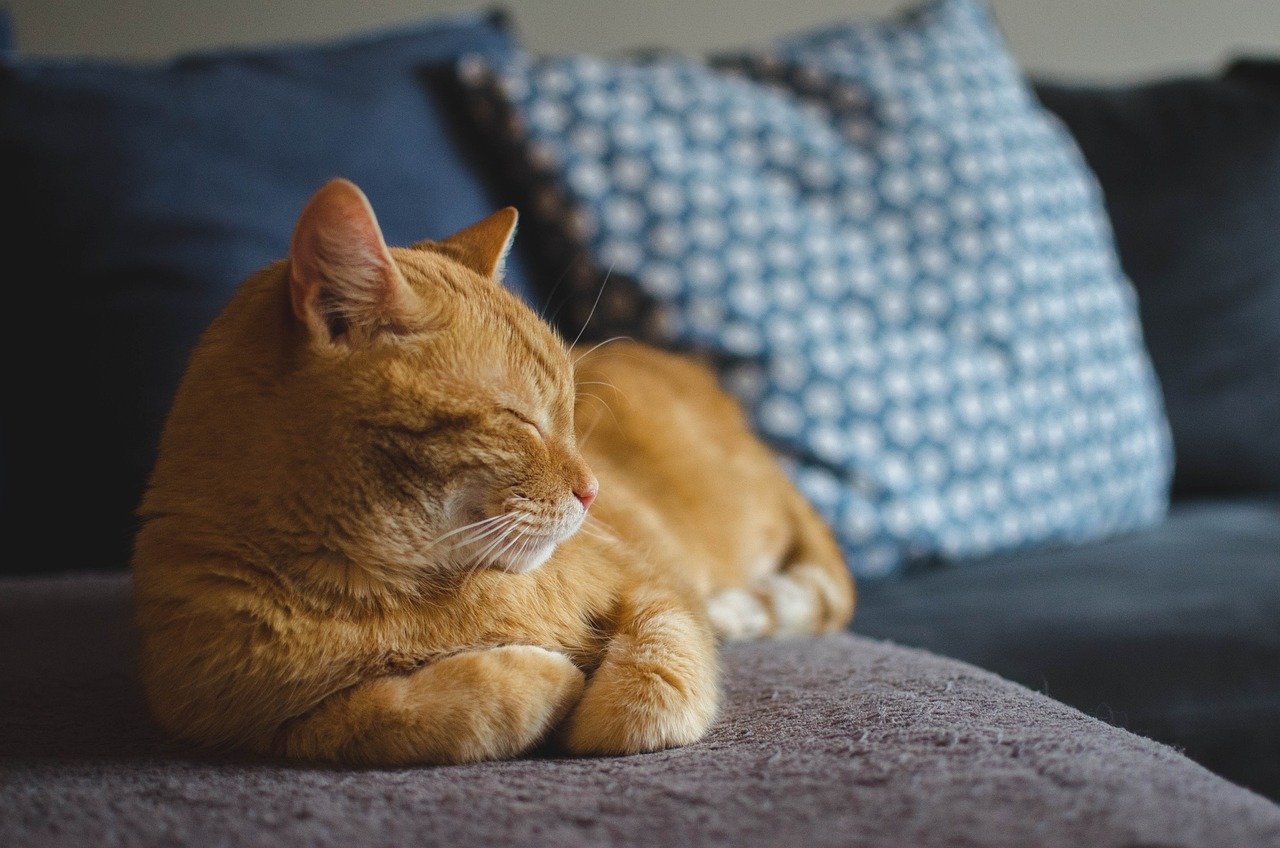
The emotional support cats provide is often calm and understated. They don’t bark, jump, or demand playtime the way many dogs do. Instead, cats offer a soothing presence, often curling up quietly nearby as a silent show of solidarity. Their support feels less like a responsibility and more like a gentle reassurance. For people who may already feel emotionally drained, this low-pressure companionship can be a lifeline. Cats seem to know how to be there without asking for more than you can give. This creates a sense of safety for those who fear letting anyone down. Their quiet companionship serves as a reminder that sometimes, just being there is enough.
Less Likely to Overwhelm with Neediness
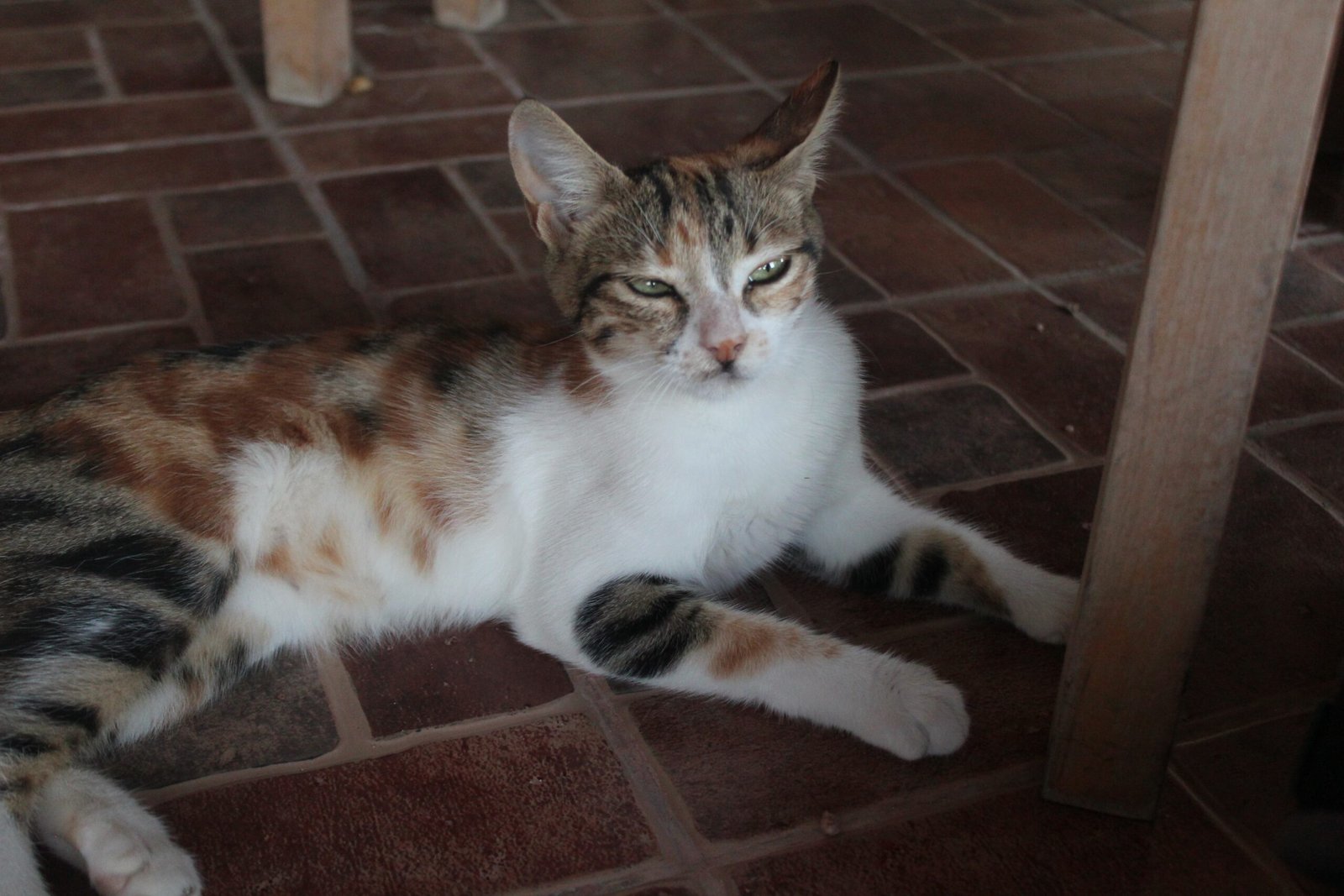
Cats typically have a reputation for independence, and with good reason. While dogs might bark, whine, or follow you from room to room, cats are content to entertain themselves for hours. This means you’re less likely to feel overwhelmed by a cat’s needs. They don’t require constant reassurance or attention to feel secure. This autonomy can be especially comforting for people who struggle with anxiety or the fear of not meeting expectations. When your companion doesn’t rely on you for every moment of happiness, you can relax and be yourself. Cats’ ability to self-soothe and occupy themselves creates a balanced, stress-free environment in the home. This is especially valuable in emotionally turbulent times.
Gentle Affection Without Pressure
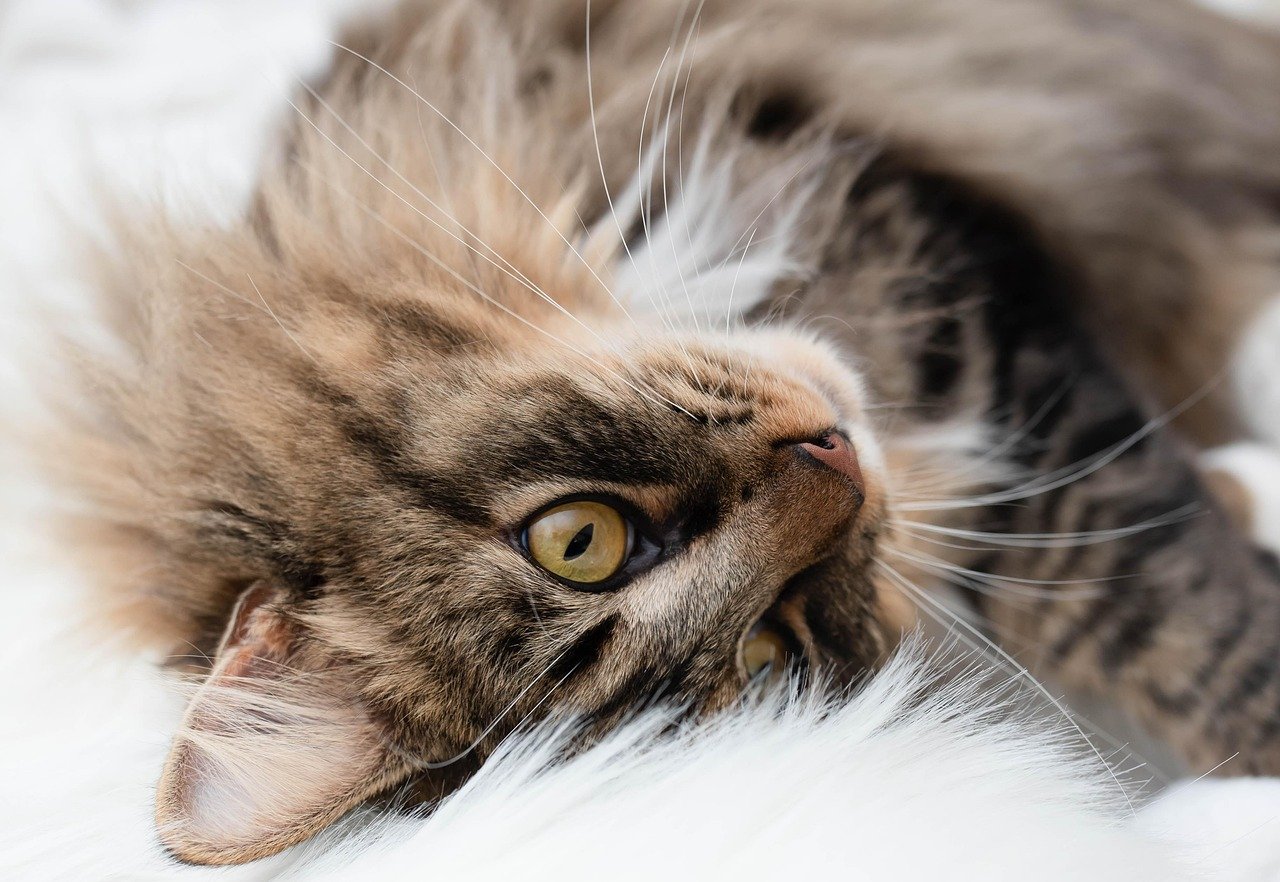
A cat’s affection is often subtle and gentle, like a soft brush of fur against your leg or a quiet purr beside you. Unlike dogs, who might jump up, lick your face, or bark for attention, cats show love in less intrusive ways. This style of affection can feel safer for people who are emotionally sensitive or easily overstimulated. The slow blink of a cat, a sign of trust and affection, is a quiet gesture that feels intimate yet never overwhelming. Their gentle approach allows you to accept love at your own pace. For many, this style of affection is reassuring and grounding. It’s the kind of love that asks nothing but offers so much.
No Guilt Trips or Disappointment

Cats are famously nonjudgmental companions. If you forget to play with them for a day or come home late, they won’t make you feel guilty. Dogs, on the other hand, may sulk or whine, which can be tough for people who already struggle with guilt or anxiety. The lack of emotional pressure from a cat lets you be imperfect without fear of disappointing your furry friend. This makes it easier to manage your own emotions and responsibilities without feeling like you’re letting your pet down. Cats’ acceptance is quiet but profound, and many people find this to be the ultimate form of emotional safety. Their forgiving nature lets you breathe easier, knowing you are loved just as you are.
Less Reactive to Emotional Ups and Downs

Cats have a remarkable ability to remain calm, even if your own emotions are running high. If you’re upset or having a bad day, a cat will often sit with you quietly or simply wait nearby. They don’t mirror your stress or escalate your anxiety. Unlike some dogs, who might become agitated or distressed when their owner is upset, cats maintain their composure. This steady presence can have a grounding effect, helping you to stabilize your emotions. Their calm demeanor makes it easier to recover from emotional turbulence. The soothing rhythm of a cat’s purr can even help lower your stress levels. Their tranquil approach can make difficult emotions feel a bit more manageable.
Ideal for Sensitive or Introverted People
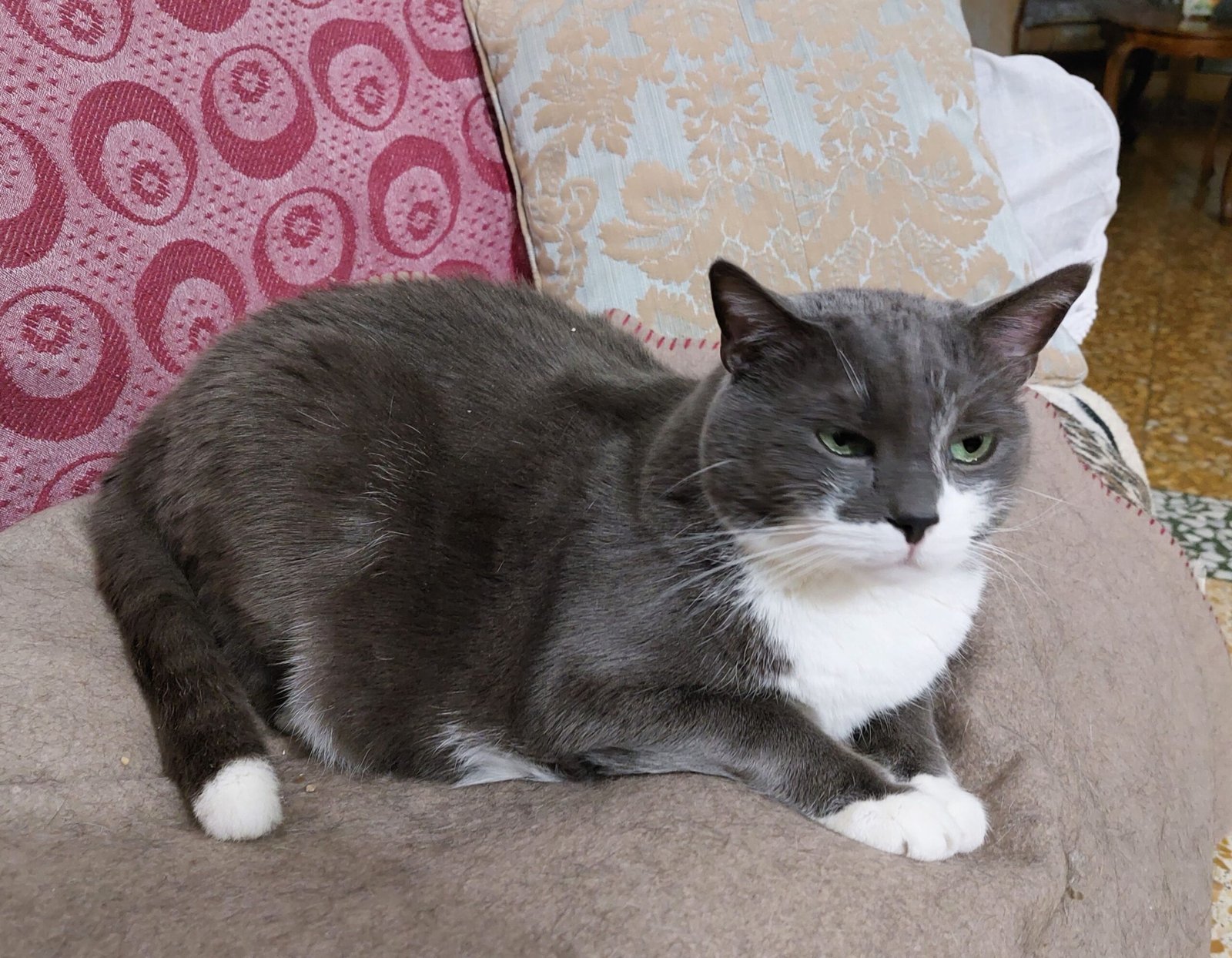
For those who are highly sensitive or introverted, cats are often the perfect fit. Their quiet communication and respect for boundaries align with the preferences of people who thrive in low-stimulation environments. Cats rarely demand noisy play or constant engagement. Instead, they’re content to share space in silence or engage in gentle, one-on-one interactions. This makes it easier for sensitive individuals to recharge and feel safe. Cats seem to understand the value of quiet companionship, providing comfort without overwhelming the senses. Their ability to adapt to your energy level is a gift for anyone who needs a little extra emotional protection. The bond feels intimate but never invasive.
Less Social Pressure
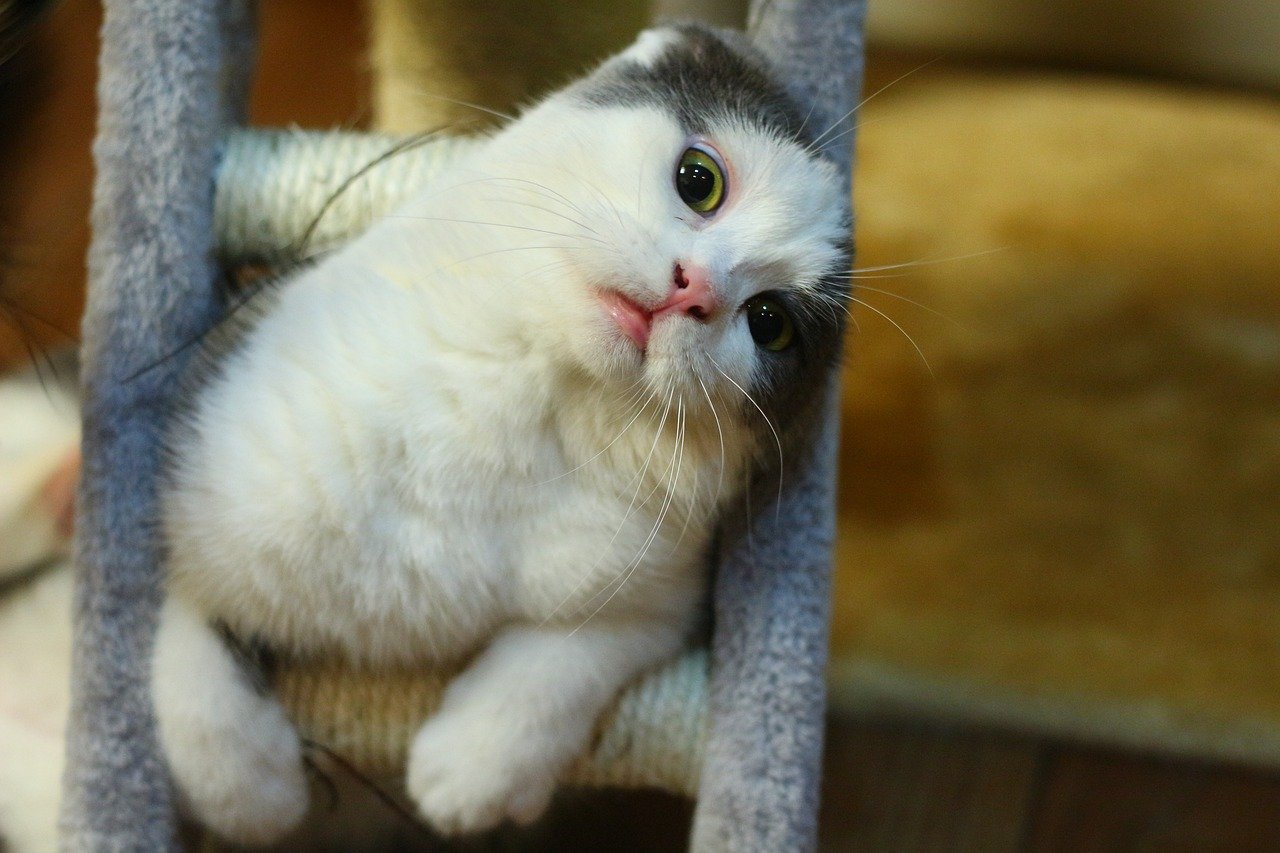
Owning a cat often comes with fewer social obligations. Unlike dogs, who require regular walks and exposure to strangers, cats are content to stay indoors. This means you can avoid uncomfortable social interactions if you’re feeling fragile. There’s no need to make small talk at the dog park or worry about training classes. Cats give you the freedom to create your own social boundaries. This lack of pressure allows you to focus on your own needs without external demands. For people who find socializing stressful, cats offer a sanctuary of peace at home. Their presence lets you set the pace of your interactions, both with your pet and the outside world.
Predictable and Consistent Moods

Cats tend to have predictable routines and moods. Unlike some dogs, whose energy and excitement can fluctuate wildly, cats usually follow a set pattern throughout the day. This consistency can be deeply reassuring for people who crave stability. Knowing what to expect from your furry friend helps you feel safe and in control. Cats’ calm routines—napping, grooming, and gentle play—create an atmosphere of peace. This predictable behavior makes it easier to manage your own emotions. When life feels chaotic, a cat’s steady presence can be a comforting anchor. Their quiet habits create a sense of order in an unpredictable world.
Lower Risk of Emotional Burnout

With cats, the emotional demands are generally lower. You aren’t expected to entertain them constantly or be responsible for their happiness at all times. This makes it easier to avoid emotional burnout, especially if you’re already juggling other stresses. Cats’ independence means you can take care of yourself without worrying about neglecting your pet. Their self-sufficiency is a relief for anyone prone to feeling overwhelmed. You can focus on your own mental health, knowing your cat is content to nap or play alone. This dynamic encourages healthier boundaries and fosters a sense of emotional safety. The relationship feels balanced and sustainable.
Nonjudgmental Comfort During Tough Times
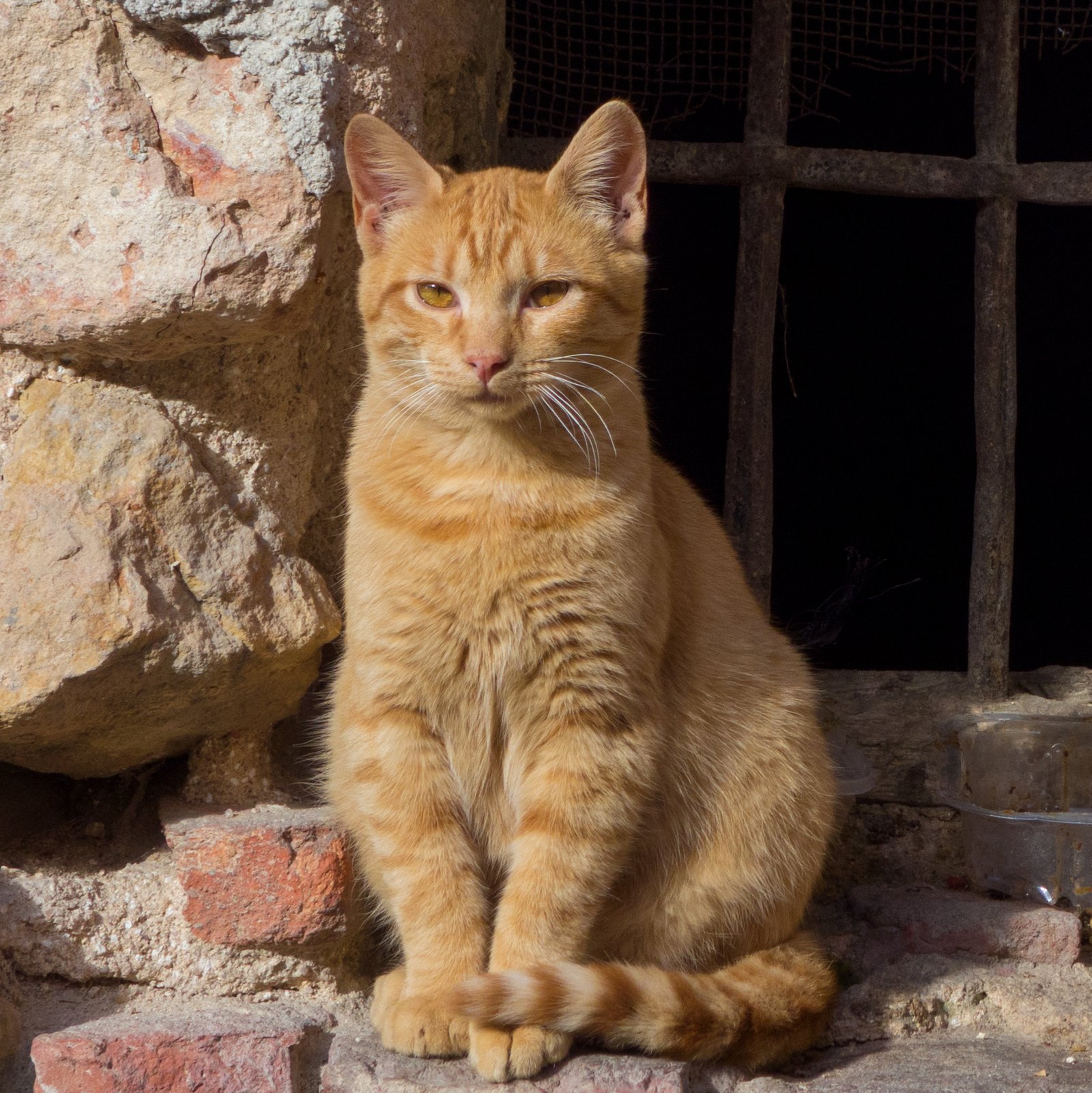
When you’re going through a rough patch, cats are there without judgment. They don’t question your choices or react negatively to your moods. If you need to cry or stay in bed all day, your cat will simply curl up beside you, offering warmth and quiet acceptance. This nonjudgmental presence can be incredibly healing. Cats seem to know when you need comfort and when you need space. Their ability to provide silent support is a balm for the soul. You never have to explain yourself to a cat—they just accept you, flaws and all. For many, this unconditional acceptance is the purest form of emotional safety.
No Fear of Aggressive Reactions
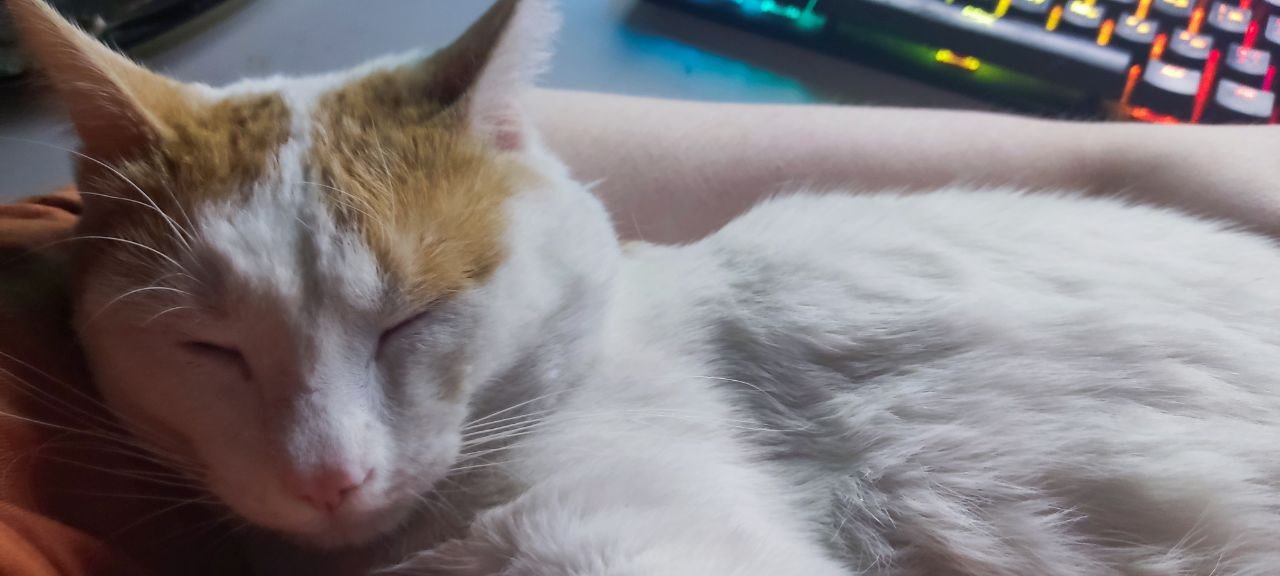
While all animals have their own personalities, cats are generally less prone to aggressive outbursts than some dogs. If a cat feels uncomfortable, it will usually retreat rather than lash out. This predictable response helps you feel safer in your own home. There’s less worry about startling or upsetting your pet. Cats’ gentle withdrawal is less intimidating than barking or growling. This makes it easier to relax, especially for those who have been frightened by animals in the past. The knowledge that your companion will quietly exit rather than react aggressively is a huge comfort. It allows for a peaceful coexistence built on trust.
Independent Companionship
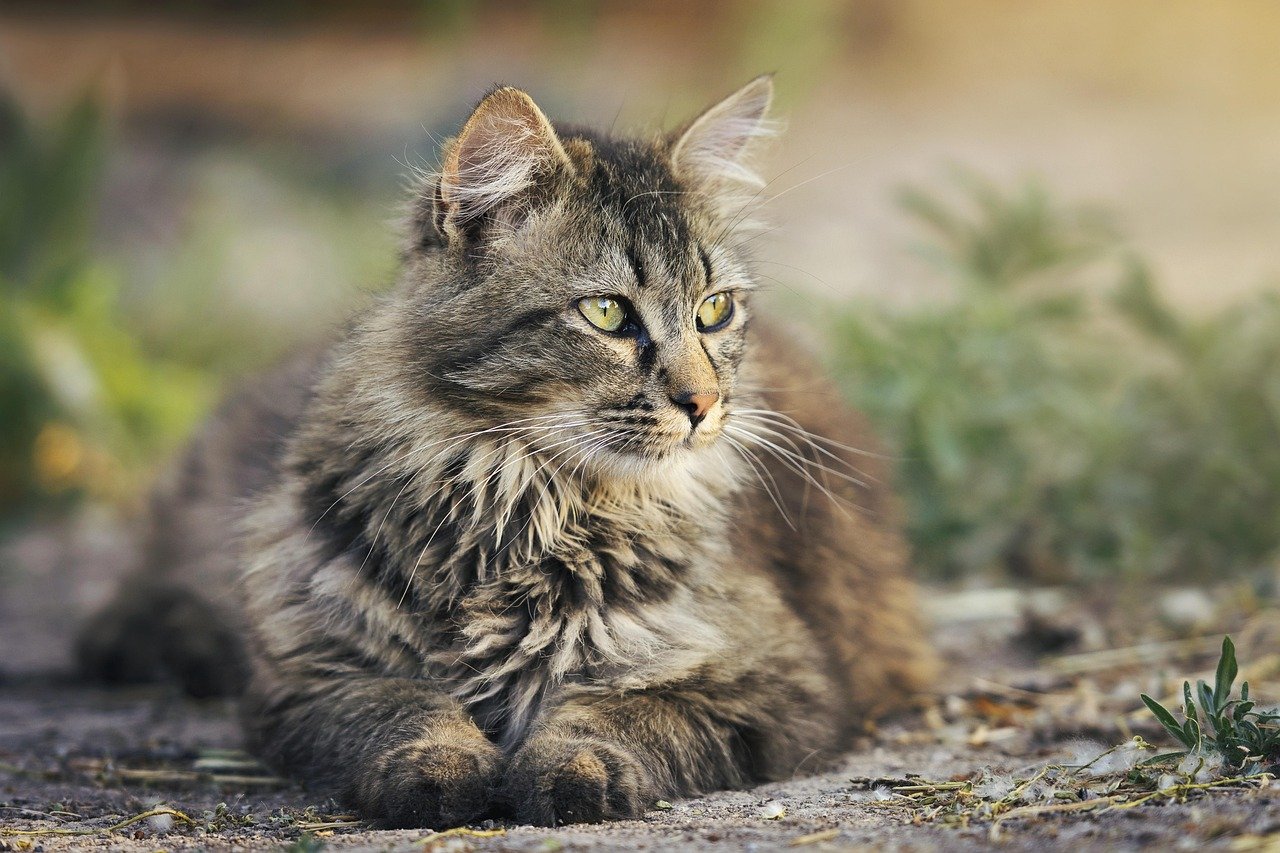
Cats embody the perfect balance of companionship and independence. They are there when you want company, but don’t mind being alone when you’re busy or tired. This flexible approach takes the pressure off your relationship and allows you to meet your own needs, too. You don’t have to worry about leaving your cat alone for a few hours—they’ll likely just nap and greet you later with a soft purr. This independence fosters a sense of freedom and reduces the emotional weight of responsibility. The companionship feels light, not burdensome. Cats teach us that love doesn’t have to be clingy to be real.
Quieter Homes, Calmer Minds
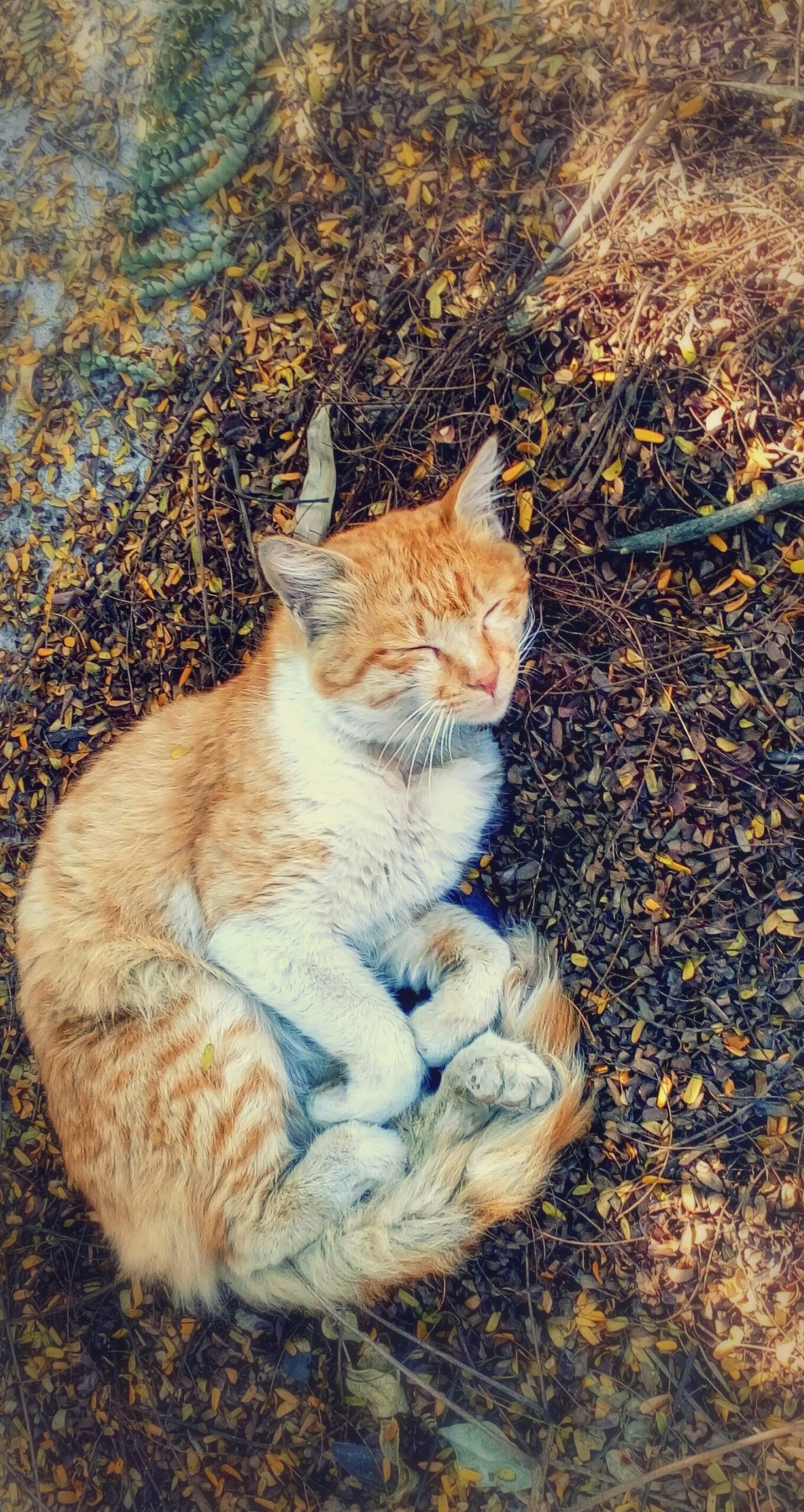
Cats naturally create a quieter home environment. Their movements are soft, their voices gentle, and their play rarely causes chaos. This tranquility can be soothing for people who are sensitive to noise or easily overwhelmed. In contrast, dogs may bark at the slightest sound, adding to household stress. The calm atmosphere cats bring helps you to relax and focus. Their peaceful energy is contagious, making your home feel like a sanctuary. This environment is especially beneficial for those who need emotional healing or simply crave a little peace. The quiet presence of a cat can be the antidote to a noisy world.
Healing Power of Cat Purrs
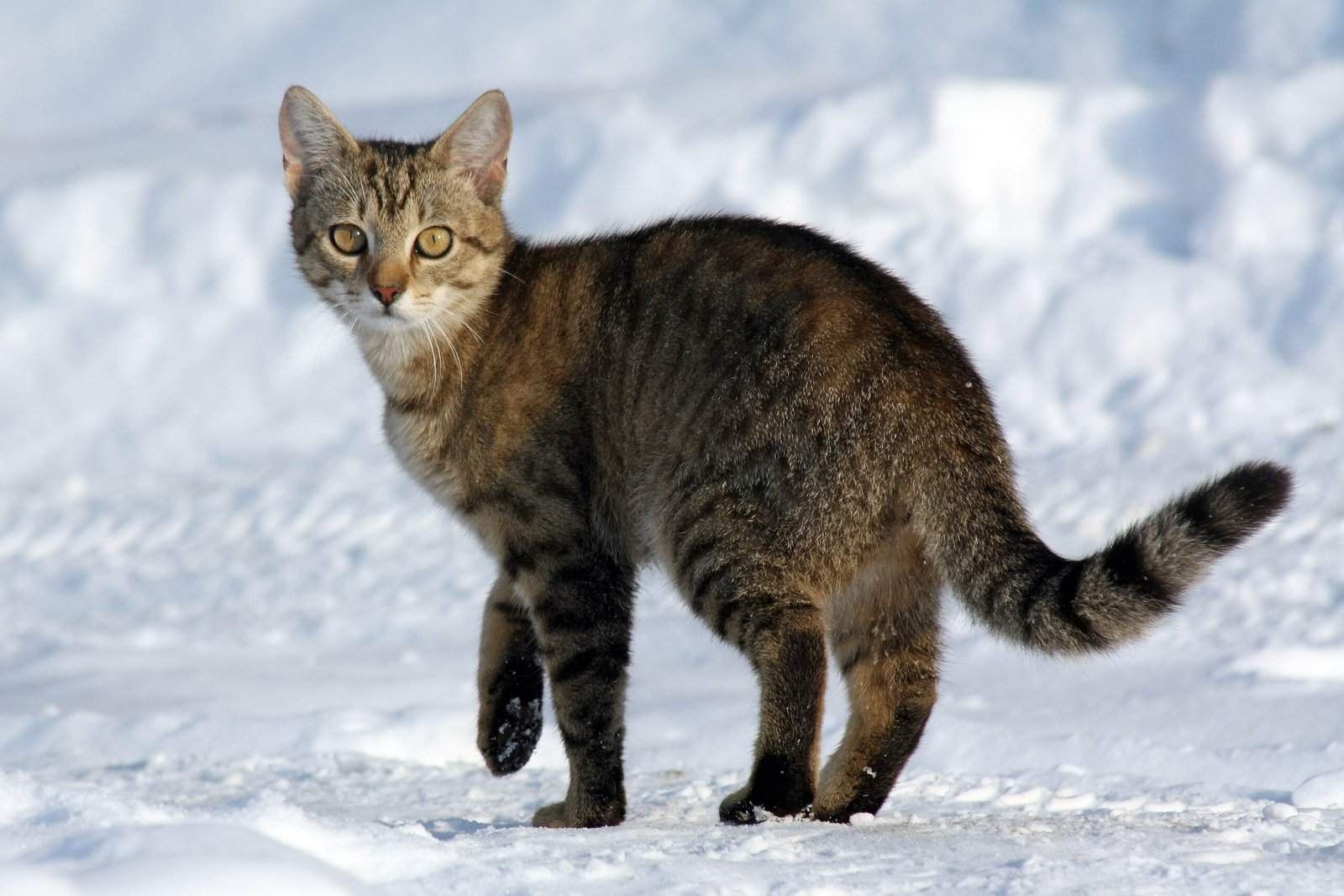
A cat’s purr is more than just a sweet sound—it’s scientifically proven to have calming effects on the human mind. The gentle vibration of a purring cat can lower stress, reduce anxiety, and even promote healing. People often describe feeling a sense of peace wash over them when a cat curls up and begins to purr. This natural “therapy” is always available, no appointment necessary. The rhythmic sound is comforting, like a lullaby that eases your worries. Cats seem to know when you need this healing touch, often purring when you’re feeling low. It’s a magical, built-in stress reliever that’s hard to beat.
Minimal Demands for Attention
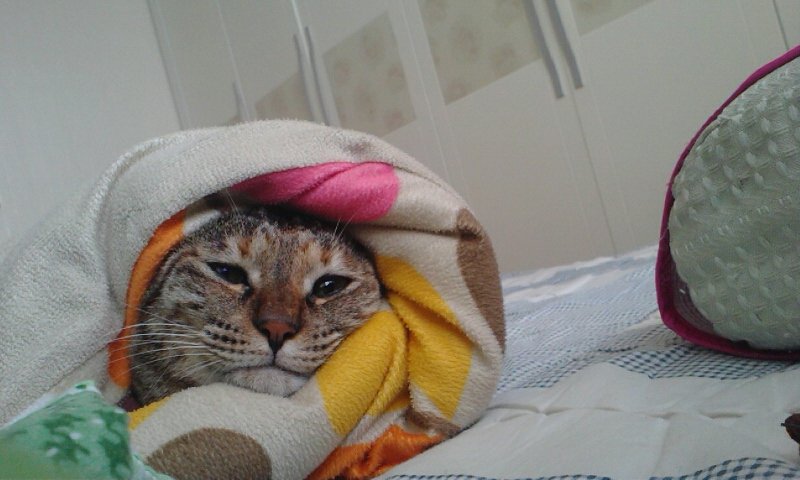
Cats are perfectly content with short, sweet interactions. They don’t require hours of play or constant supervision to be happy. This makes them ideal for people with busy schedules or fluctuating energy levels. You can enjoy a quick cuddle or a playful moment without feeling obligated to do more. Cats’ contentment with minimal attention means less pressure to perform or entertain. This dynamic is especially helpful for those who struggle with social fatigue. You can give as much as you’re able, knowing your cat will be just as happy to nap in the sun. The relationship is flexible and forgiving, making emotional safety a natural outcome.
Easy Adaptation to Your Lifestyle

Cats are masters at fitting into a variety of lifestyles. Whether you work long hours, travel occasionally, or prefer quiet evenings at home, a cat will adapt with ease. This flexibility removes the stress of having to rearrange your life to suit your pet’s needs. Cats don’t require daily walks or constant outdoor access, making them a hassle-free choice. Their adaptability means you can focus on your own routines without guilt. For people whose lives are already demanding, this low-maintenance companionship is a blessing. Cats simply go with the flow, making life feel a little less complicated.
Less Emotional Drama in the Household

Cats tend to be less dramatic than dogs. They don’t whine, bark, or act out for attention. This makes the emotional atmosphere at home much more stable and predictable. Without the highs and lows that can come with dog ownership, your home becomes a haven of calm. Cats’ steady presence helps to smooth out emotional turbulence. Arguments, loud noises, or changes in routine are met with a dignified indifference. This lack of drama means fewer triggers for stress or anxiety. The result is a peaceful coexistence that supports emotional healing and growth.
Safe for People Healing from Trauma

For those recovering from emotional trauma, cats offer a unique form of safety. Their gentle, predictable behavior and respect for boundaries create a secure environment. There’s no fear of sudden outbursts or overwhelming demands. Cats offer comfort in a way that feels safe and manageable, never pushing you beyond your limits. Their ability to sense your mood without judgment is especially valuable for people who are rebuilding trust. The quiet companionship of a cat can be a steady source of support during the healing process. This gentle presence fosters a sense of hope and resilience.
Encourage Self-Sufficiency and Empowerment

Living with a cat can actually empower you to take better care of yourself. Their independence serves as a gentle reminder that you, too, are allowed to have needs and boundaries. Watching a cat care for itself—grooming, resting, and setting limits—can inspire you to do the same. This role modeling encourages self-sufficiency and emotional health. Cats show us that it’s okay to be alone, to rest, and to prioritize our own well-being. Their example is both comforting and empowering. In their quiet way, cats teach us to honor and protect our own emotional safety.
Hi, I’m Bola, a passionate writer and creative strategist with a knack for crafting compelling content that educates, inspires, and connects. Over the years, I’ve honed my skills across various writing fields, including content creation, copywriting, online course development, and video scriptwriting.
When I’m not at my desk, you’ll find me exploring new ideas, reading books, or brainstorming creative ways to solve challenges. I believe that words have the power to transform, and I’m here to help you leverage that power for success.
Thanks for stopping by, Keep coming to this website to checkout new articles form me. You’d always love it!






